Arterial Blood Gases
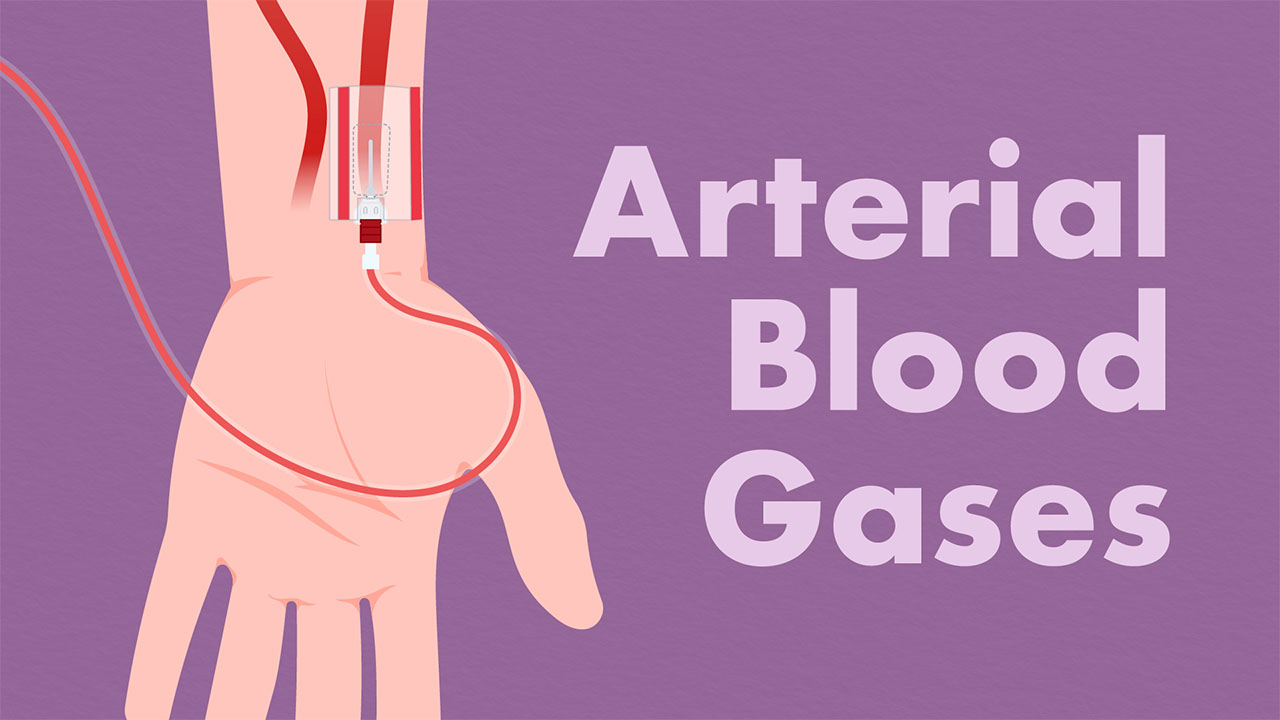

Content
What you'll learn:
Know the basics of performing an arterial blood gas analysis.
Understand normal and abnormal arterial blood gas levels.
Describe compensatory mechanisms and the classification of acid-base disorders.
Appreciate how blood gas analysis can assist in patient care.
Who it's for:
Why it's needed:
There are textbooks devoted to arterial blood gas interpretation, however, there’s no point going into complex biochemistry if you don’t have a solid understanding of the basics.
Most of the time, basic ABG interpretation is all that is needed, and having the skill to recognise a problem, a potential cause, and maybe even a treatment, can save someone’s life.
Some other oversimplified methods of understanding ABGs may help diagnose the overall arterial blood gas but they fail in helping us understand what it means for our patient.
This course aims to find a balance between giving learners the confidence to relate what they are interpreting back to their patient, while using a simple to understand five-step method.
Purpose:
Topics
Assign mandatory training and keep all your records in-one-place.
Find out more
Recommended resources
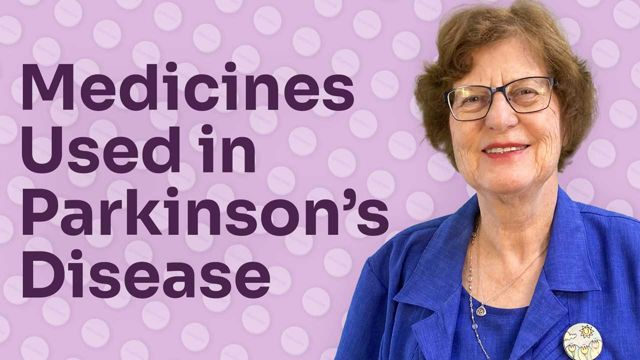
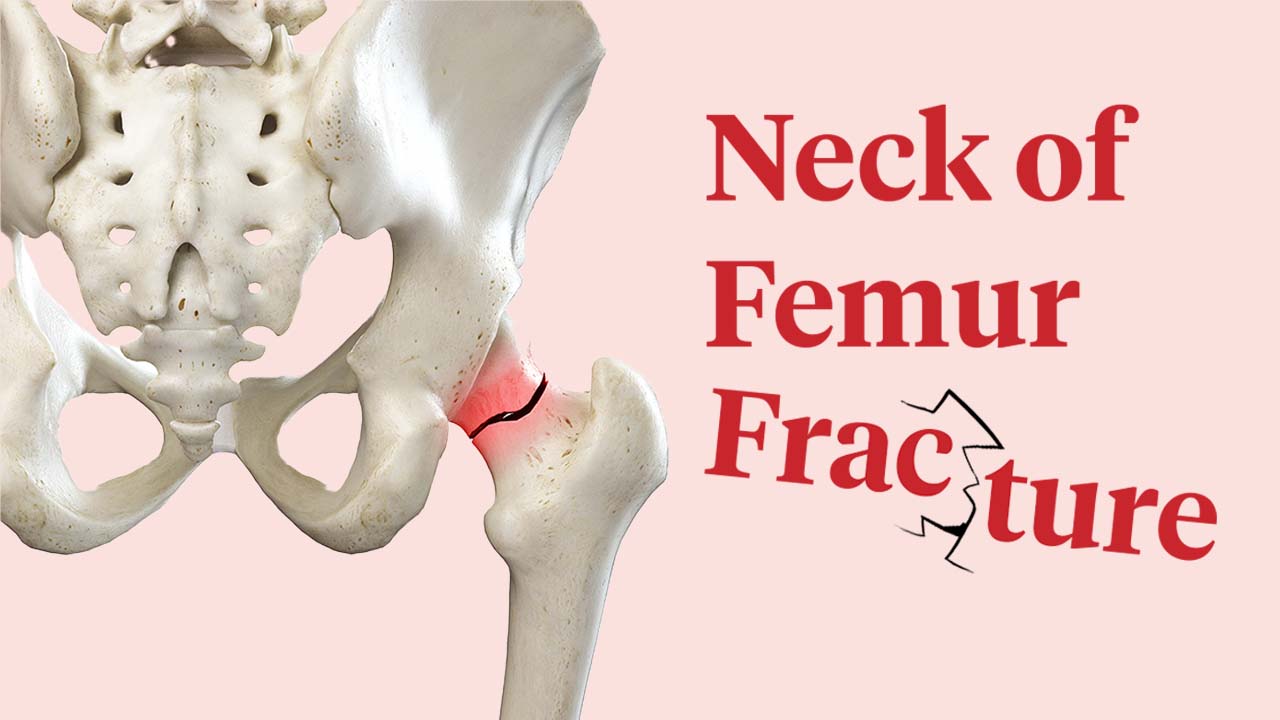
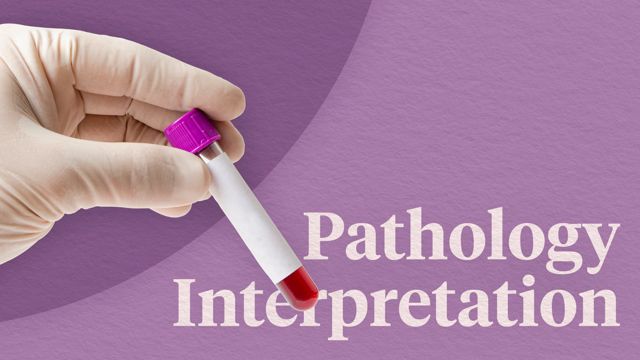
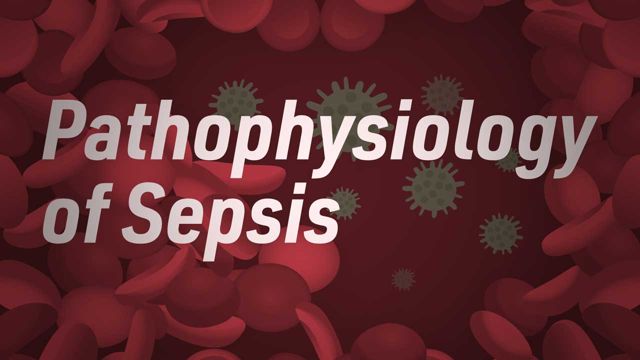






 New
New